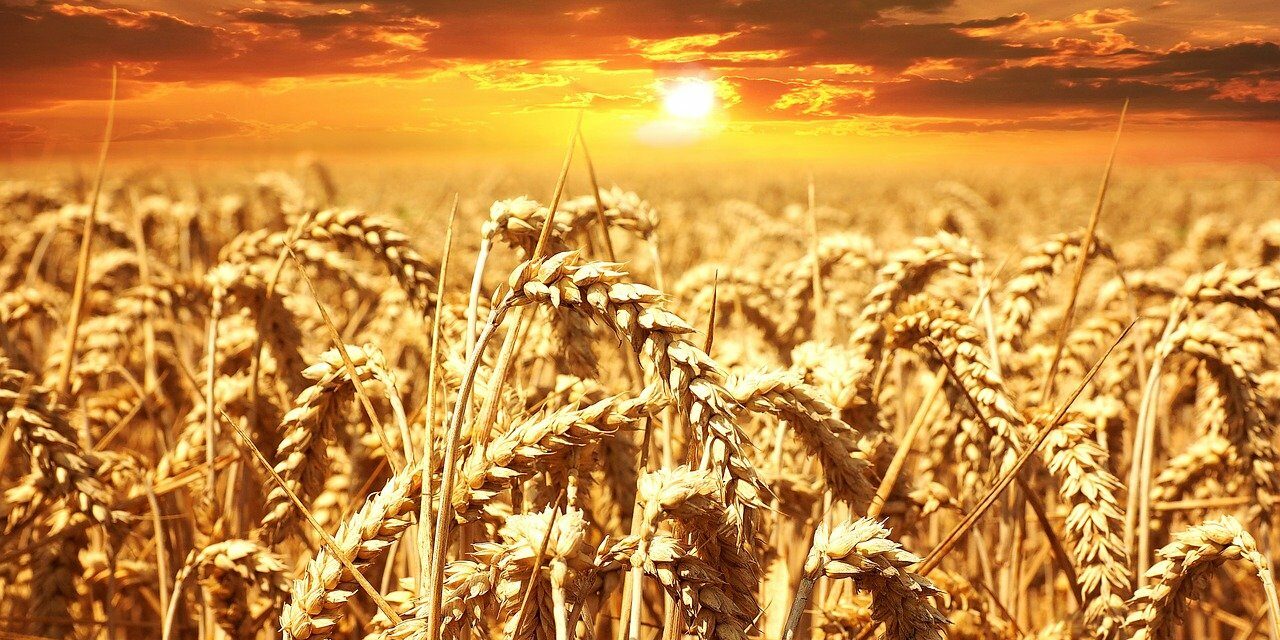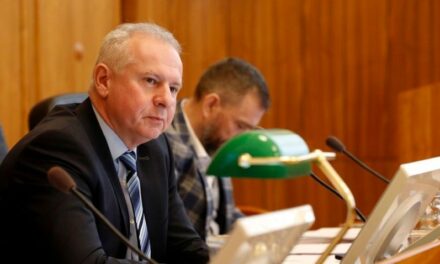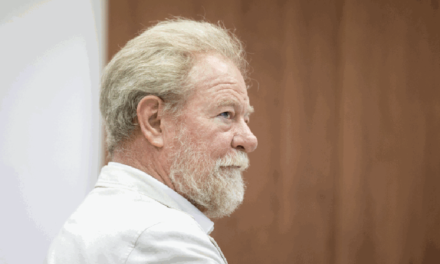Euronews reported .
German Foreign Minister Annalena Baerbock, who chaired a meeting of top G7 diplomats, said the war had become a "global crisis".
According to Baerbock, up to 50 million people could go hungry in the coming months, especially in Africa and the Middle East, if a way is not found to free up Ukrainian grain, which makes up a significant part of the world supply.
"Russia has deliberately decided to extend the military war against Ukraine now as a grain war to many states of the world, especially in Africa"
- He told.
"We must not be naive. This is not a collateral loss. It is a deliberately chosen tool in a hybrid war that is now being fought. Russia is preparing the ground for new crises to deliberately weaken international cohesion in the face of Russia's war"
- added the foreign minister.
In statements issued at the end of the three-day meeting, the G-7 promised additional humanitarian assistance to the most vulnerable.
"Russia's war of aggression has created one of the worst food and energy crises in recent history, now threatening the most vulnerable around the world"
said the group.
"We are determined to accelerate a coordinated multilateral response to safeguard global food security and stand with our most vulnerable partners in this regard"
he added.
Canadian Foreign Minister Melanie Joly said her country, also a major agricultural exporter, was ready to send ships to European ports to deliver Ukrainian grain to those in need.
"We need to make sure these grains get to the world"
he told reporters.
"If not, millions of people will face starvation."
Featured Image: Pixabay












